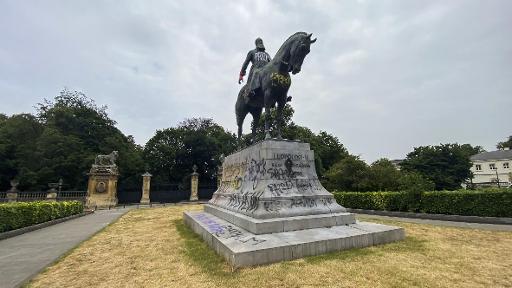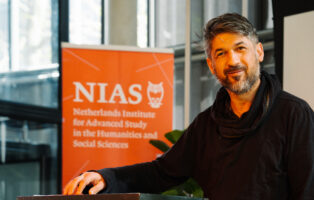About
In recent years an increasing number of official commissions, court cases and government-sanctioned investigations have grappled with the uncomfortable histories of colonialism and decolonisation on the public stage. By directly addressing questions of responsibility for colonial violence, these initiatives have not only stimulated public debate. They have also, intentionally or unintentionally attempted to create an official memory of the colonial past.
In Belgium a parliamentary commission was formed to investigate the assassination of Patrice Lumumba in 2001, an official investigation into the métis community and adoption in the colonial setting was created in 2018 and a commission to investigate the colonial past was set up in 2020. In the United Kingdom, in 2011, following a High Court case brought by four Kenyans involved in the Mau Mau rebellion, the government was forced to admit that 8,800 files had been secretly sent to Great Britain from colonies prior to their independence and were stored outside of the National Archives. In 2021 Germany recognised the atrocities of 1904-1908 as genocide and formally apologized to Namibia after five years of negotiations. In 2021 French president Emmanuel Macron announced plans to establish a ‘memories and truth’ commission to address the history of France’s colonial past in Algeria, but stopped short of issuing an official apology. In the Netherlands results from the project ‘Independence, decolonisation, violence and war in Indonesia, 1945-1950’ were presented in 2022 and met with admiration and criticism.
This workshop seeks to better understand the motivations, functions and impact of these initiatives and wants to explore their relationship to the history and memory of colonialism. The goal of the workshop is to collectively formulate a set of recommendations about colonial invistigative commissions.
Keynote speakers
Panel 1
Keynote by Sandra Manickam, Assistant Professor Erasmus School of History, Culture on ‘official memory’ in British Malaya and present-day Malaysia and Singapore.
Commentary by Roel Frakking (Lecturer in History, Utrecht University), who was responsible for one of the regional studies which forms a part of the ‘Decolonisation, Violence and War in Indonesia, 1945-1950’ research.
Panel 2
Keynote by Gillian Mathys, Postdoctoral Researcher, Ghent University.
Commentary by Simon Nsielanga Tukum (PhD. Researcher in History, KULeuven). Nsielanga Tukum analyses decolonization discourses and practices within the Society of Jesus (the Jesuits) in Congo/Zaire, 1960-2000.
More about the programme
For more information about the programme, please visit the website by the decolonisation group.
Organisers
-
The Decolonisation Group at the Centre for Global Challenges, Utrecht University
-
The Global and Imperial History Cluster at Utrecht University
-
The Netherlands Institute for Advanced Study in the Humanities and Social Sciences
This workshop is funded by NIAS and the Centre for Global Challenges.



